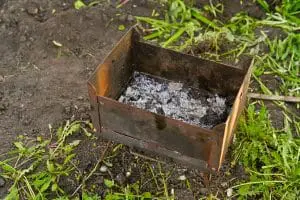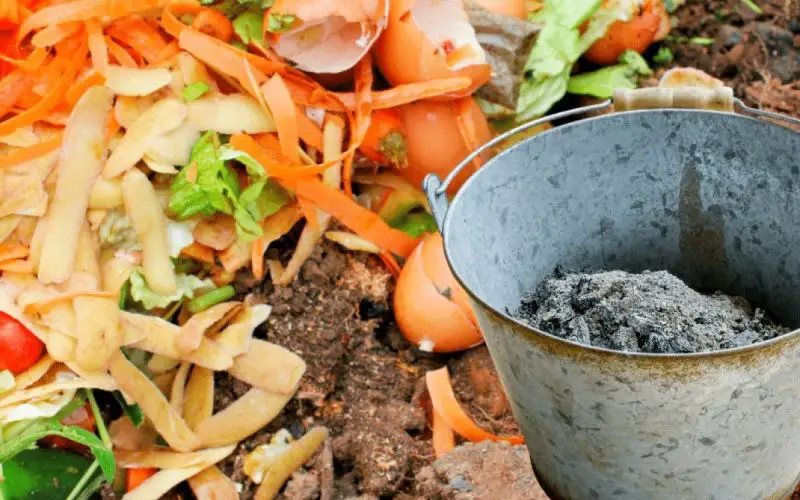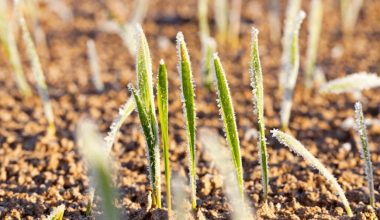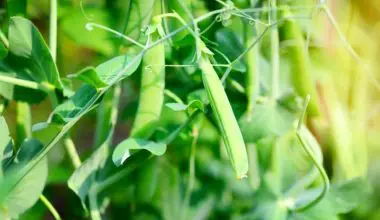Posted on Dec 11, 2023 at 4:02 am by James T
When it comes to composting, every gardener is constantly looking to enrich and improve the quality of their compost. One commonly encountered element that raises many questions is the use of wood ashes. These residues, common for those who use wood as a source of heat or for campfires, are a rich source of minerals.
Are wood ashes an asset or a disadvantage for your compost? Can they positively contribute to the health of your garden, or on the contrary, disrupt the delicate balance of the compost? Before deciding to add wood ashes to your compost, it is essential to understand their potential impact on the compost environment and, by extension, on the health of your garden.
Table of Contents
Composition and effects of wood ashes on microorganisms
Wood ashes, obtained after the combustion of wood or coal, consist mainly of mineral matter such as calcium, potassium, phosphorus, and other combustion-resistant elements. These components, being mineral substances, are not degradable by microorganisms such as bacteria and fungi present in the soil and compost, which tend to avoid alkaline substances.
Furthermore, ashes can influence some of these microorganisms, thus slowing down the decomposition of organic waste in the compost.
Impact of ashes on soil pH
Regarding the impact on soil pH, ashes, especially those resulting from wood combustion, are alkaline and can increase soil pH when applied directly to it. Adding 10 kg of ashes per are could increase the pH by 0.3 to 0.4 units. A too high pH is not favorable for plant growth or for decomposing microorganisms in the compost.
Using ashes in the garden
Ashes, an often overlooked byproduct of wood combustion, can actually be used very advantageously in the garden. Rich in essential minerals, they can help improve soil quality, balance its pH, and even repel certain pests.
When properly applied, ashes can therefore become a valuable asset for the health and vigor of the plants in your garden.
In addition to these horticultural uses, there are also other ingenious uses for ashes, often passed down from generation to generation.

Here are some suggestions:
- Spread ashes directly on acidic soil to restore a pH balance more favorable to plants, by dispersing them in small quantities and covering them with a thin layer of compost.
- Use ashes as fertilizer for crops that prefer alkaline soil, by spreading a small amount around your leafy vegetables or ornamental plants.
- Use ashes as a natural repellent against certain pests, by sprinkling a thin layer around your crops.
Precautions when using wood ashes
When using wood ashes in your garden, make sure to:
- Check the pH of the soil before spreading the ashes.
- Use only untreated wood ashes and natural charcoal, without chemicals or additives.
- Avoid spreading ashes on windy days.
- Store ashes in a closed and dry container.
Wood ashes in compost: To Avoid
To answer the initial question: can we use wood ashes in our compost?
Despite their beneficial uses in the garden, it is preferable not to incorporate them directly into your compost, as they can have negative effects on the decomposition of organic matter and the microorganisms responsible for this process.









